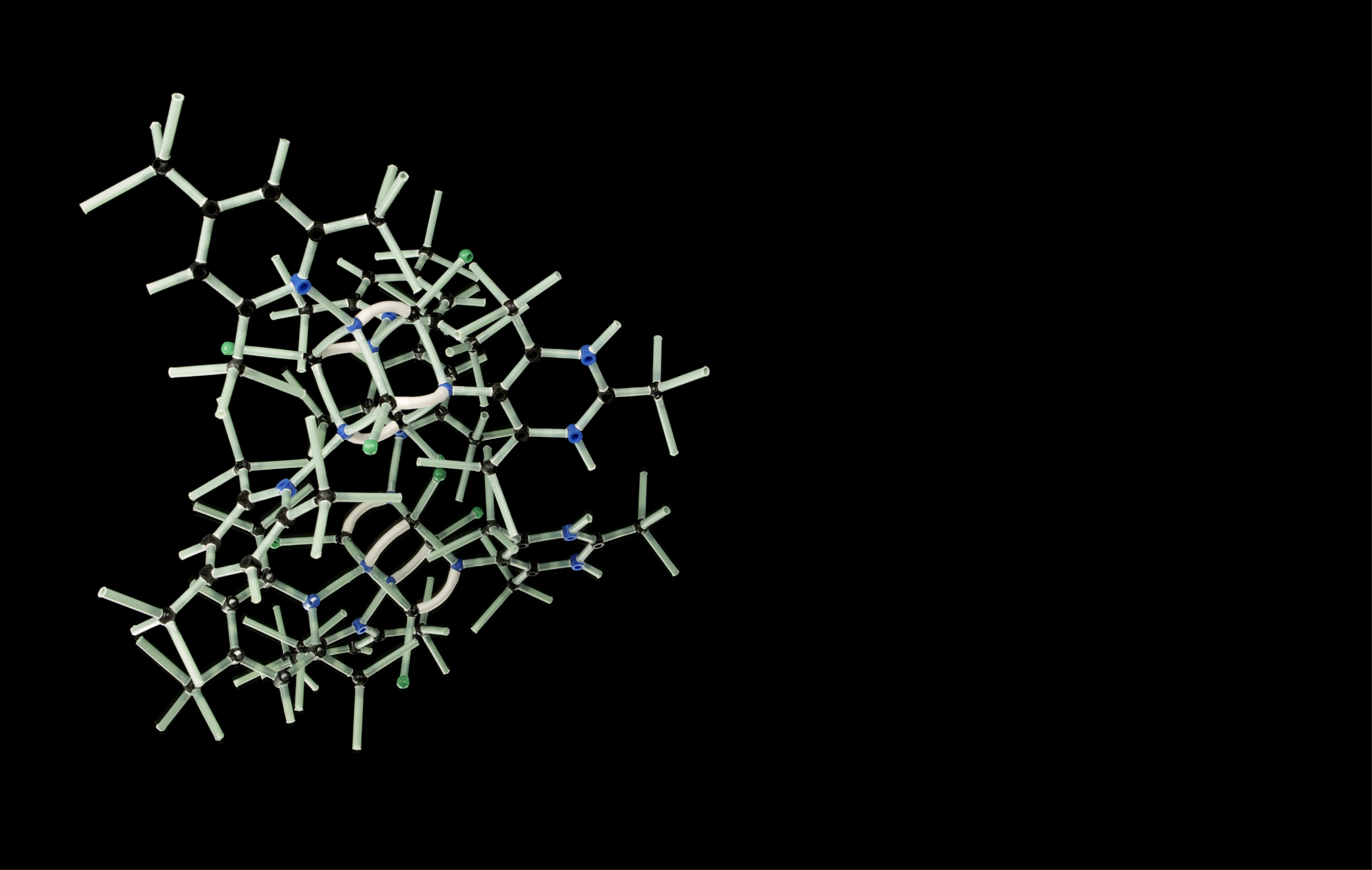
Whole Exome Sequencing
Whole Exome Sequencing (WES) is a laboratory process, it is a type of genetic sequencing that focuses on the protein-coding regions of an individual's genome. together all the exons in the genome are known as the exome and the method of sequencing them is known as whole exome sequencing. The human exome represents less than 2% of the genome but it contains ~85% of known disease-related variants.
Key Features
Focus on protein-coding regions:
WES targets only the protein-coding regions of an individual's genome, which constitute only about 2% of the entire genome. This allows for a cost-effective way to identify genetic variations that may contribute to disease or other phenotypes of interest.
High coverage and depth:
WES typically achieves high coverage(150-180X) and depth of the targeted regions, meaning that each exon is sequenced multiple times to ensure high accuracy in identifying genetic variants. This is important for detecting rare variants that may be relevant to a particular phenotype.
Variants identified:
WES can identify various types of genetic variants, including single nucleotide variants (SNV) and larger structural variants such as copy number variations(CNV).
Variant interpretation:
Pathogenic, Likely Pathogenic, VuS are reported as per the ACMG & ClinVar guidelines. Primary findings are reported according to the clinical phenotype. Incidental findings and carrier findings are reported as per ACMG and ACOG recommendations.
Benefits of Whole Exome
1
Identification of disease causing mutations
Identification of disease-causing mutations: WES can help identify genetic variants that cause or contribute to disease. This is particularly useful for rare diseases, where identifying the underlying genetic cause can help with diagnosis, treatment, and genetic counseling.
2
Comprehensive analysis of protein-coding regions
WES provides a comprehensive analysis of the protein-coding regions of an individual's genome, which can provide insight into the molecular mechanisms underlying disease or other phenotypes of interest.
3
Cost-effective alternative to whole genome sequencing
WES is a cost-effective alternative to whole genome sequencing, which sequences the entire genome including non-coding regions. WES allows researchers to focus on the protein-coding regions of the genome, which are more likely to contain disease-causing mutations.
4
5
Potential for personalized medicine
WES has the potential to enable personalized medicine, where genetic information is used to tailor medical treatments to an individual's unique genetic makeup.
6
Genetic Counseling
WES can provide more accurate and comprehensive information for genetic counseling, particularly in cases where genetic testing has previously been inconclusive.
98% Targeted exons
95.9% Sensitivity
98.7% Specificity
150-180X Coverage
Contact Us
Check the Answers to Frequently Asked Questions
Need assistance? Contact us for help
Thank you for considering HealthyAA for your DNA testing needs. Please use the form below to contact us with any questions or concerns you may have.
We aim to respond to all inquiries within one business day.

